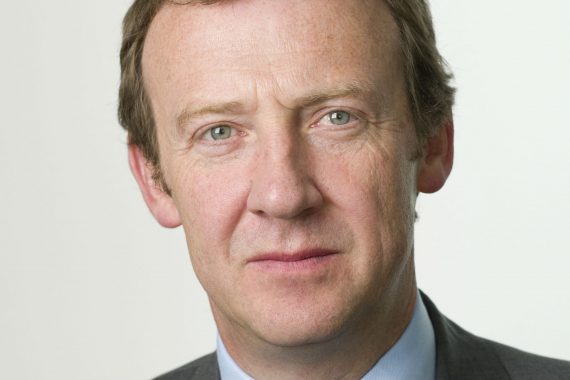This week Sir Norman Williams, senior clinical adviser to the health secretary Jeremy Hunt, shared his unease at the prevailing atmosphere of blame and retribution surrounding unintended healthcare errors, and the likely implications should a ‘culture of fear’ really take root.
We believe a criminal court is rarely the best place to hold a doctor to account
Sir Norman did not mince his words – and nor should he. The criminalisation of those who go to work to help people and save lives, whether that is a GP or a surgeon, carries serious repercussions.
The question of whether doctors should face a prison sentence when things go tragically wrong in a complex clinical environment, without intent to cause harm, has resurfaced following the appeal of David Sellu’s conviction for manslaughter by gross negligence.
Medical Protection supported Mr Sellu’s appeal, and like Sir Norman and many others across the profession, we believe a criminal court is rarely the best place to hold a doctor to account. We strongly opposed the introduction of criminal sanctions for ill treatment or wilful neglect which were brought into law in England and Wales through the Criminal Justice and Courts Act 2015, and felt the existing framework was effective at reprimanding unprofessional behaviour.
By focussing on punishment and allowing the threat of a prison sentence to hang over the heads of those unfortunate enough to be at the centre of a tragic patient death, we will create a plethora of complex problems which will impact on GPs and the healthcare sector as a whole, but also on society.
Firstly, there is a risk that fear of criminal sanctions will result in more ‘defensive medicine’. This means opting for treatments which do not expose the physician.
Our research shows that working in an increasingly litigious environment already impacts on doctors’ behaviours – 67% of GPs say they are fearful they will be sued by patients, and of those 85% say that fear affects the way they practise. So we know the current claims environment is making doctors more cautious. More conscious defensive behaviour, where self-preservation takes precedence over the interests of the patient by choice, would obviously have a much greater impact on the public in terms of the care they receive and is something we must avoid.
Secondly, we risk good doctors leaving the profession at a time when the health system is under pressure and the next generation of doctors being put off by a culture of fear, or ‘blame and shame’.
It is critical that all doctors feel able to report adverse incidents and near misses so they and the wider profession can learn from mistakes and make improvements. A culture of fear will seriously hinder this open, learning ethos.
New legislation on Duty of Candour is now in place in England and Wales. We do not believe a legal duty is the best way to bring about real change in an area like this due to its behavioural nature, though the intention behind it – to encourage transparency and openness – is right. There is however an inherent tension between a policy like this which seeks to promote an open culture, and another which serves to allocate blame on an individual and inhibit openness. This therefore raises the question of why criminal prosecutions against doctors are still being threatened.
David Sellu’s case was tragic for all involved and fraught with complexity – we are pleased his conviction was quashed and his name finally cleared. Medical Protection, alongside senior figures like Sir Norman Williams, will continue to challenge the appropriateness of a criminal court to hold a doctor to account when things go wrong in a complex clinical environment – where there is no intent to cause harm. We will also work to foster a culture of open learning, professionalism and accountability.
If you would like to write to Pulse, please email [email protected]
Pulse October survey
Take our July 2025 survey to potentially win £1.000 worth of tokens













